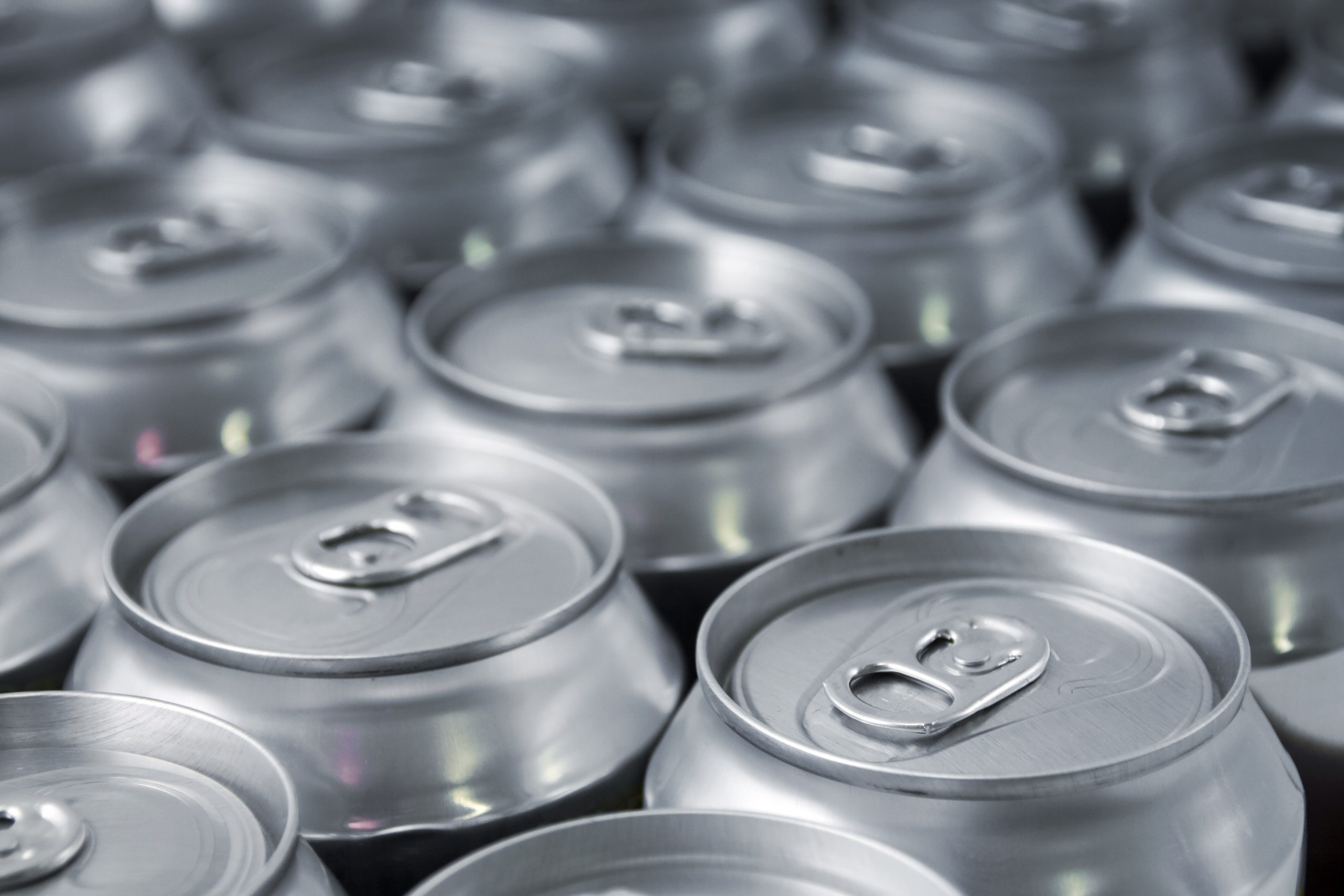Repealing Section 232 tariffs on aluminum and not instituting any new taxes can provide easy relief to American brewers, beer importers, and consumers.
For US consumers and manufacturers—and particularly for American brewers and beer importers—the aluminum tariffs in Section 232 of the Trade Expansion Act burden domestic manufacturers and consumers with unnecessary costs.
For beer lovers, those tariffs drive the cost of production and ultimately translate into higher prices for consumers.
American brewers depend heavily on aluminum cansheet to package your favorite beer. More than 74% of all beer produced in the US is packaged in aluminum cans or bottles. Aluminum is the single largest input cost in American beer manufacturing, and in 2020, brewers used more than 41 billion cans and bottles, with 75% of it made from recycled content. Given its importance to the industry, brewers nationwide—and the more than two million jobs they support—have been negatively impacted by the aluminum tariffs.
To make matters worse, only $120 million (7%) of the $1.7 billion the US beverage industry has paid in tariffs has actually gone to the US Treasury. US rolling mills and US and Canadian smelters have been the primary recipient of the money American brewers and beverage companies have been forced to pay, taking in nearly $1.6 billion (93%) by charging end-users of aluminum a tariff-burdened price no matter the content of the metal or where it came from.
An obscure pricing system on aluminum known as the Midwest Premium is causing this problem, and the Beer Institute and American brewers are working with Congress to help shed light on why and how this is happening. While we’re working hand-in-glove with brewers across the country, repealing Section 232 tariffs would provide the most immediate relief.
Last year, the CEOs of some of our nation’s largest beer suppliers sent a letter to the administration, arguing that “tariffs reverberate throughout the supply chain, raising production costs for aluminum end-users and ultimately impacting consumer prices.” And it’s not just brewers and beer industry workers who know these tariffs are doing more harm than good.
Numerous organizations have stated that rolling back tariffs would reduce inflation, including the Progressive Policy Institute, which said, “tariffs are easily the most regressive of all US taxes, forcing the poor to pay more than anyone else.” Last March, the Peterson Institute for International Economics released a study discussing how a more relaxed posture on trade, including targeted tariff repeal, would help drive down inflation.
The tariffs have failed to jumpstart the nation’s aluminum smelters despite the windfall North American smelters receive from them, and they’ve also failed to create the significant number of jobs that were initially promised. Instead, these tariffs are punishing American workers and businesses by increasing domestic costs and making it more difficult for American companies to compete against global competitors.
After three years of economic anxiety and uncertainty—from sudden market shifts in critical industries affected by Covid-19 to last year’s staggering bouts of inflation—rolling back Section 232 tariffs on aluminum would be a helpful first step in regaining stability and restoring consumer confidence. It also would be a significant policy win for the president that would lower prices for consumers, free our nation’s brewers and beer importers to reinvest in their businesses and add new jobs for the beer economy. That’s an accomplishment we’d raise a glass to.
Post time: Mar-27-2023







